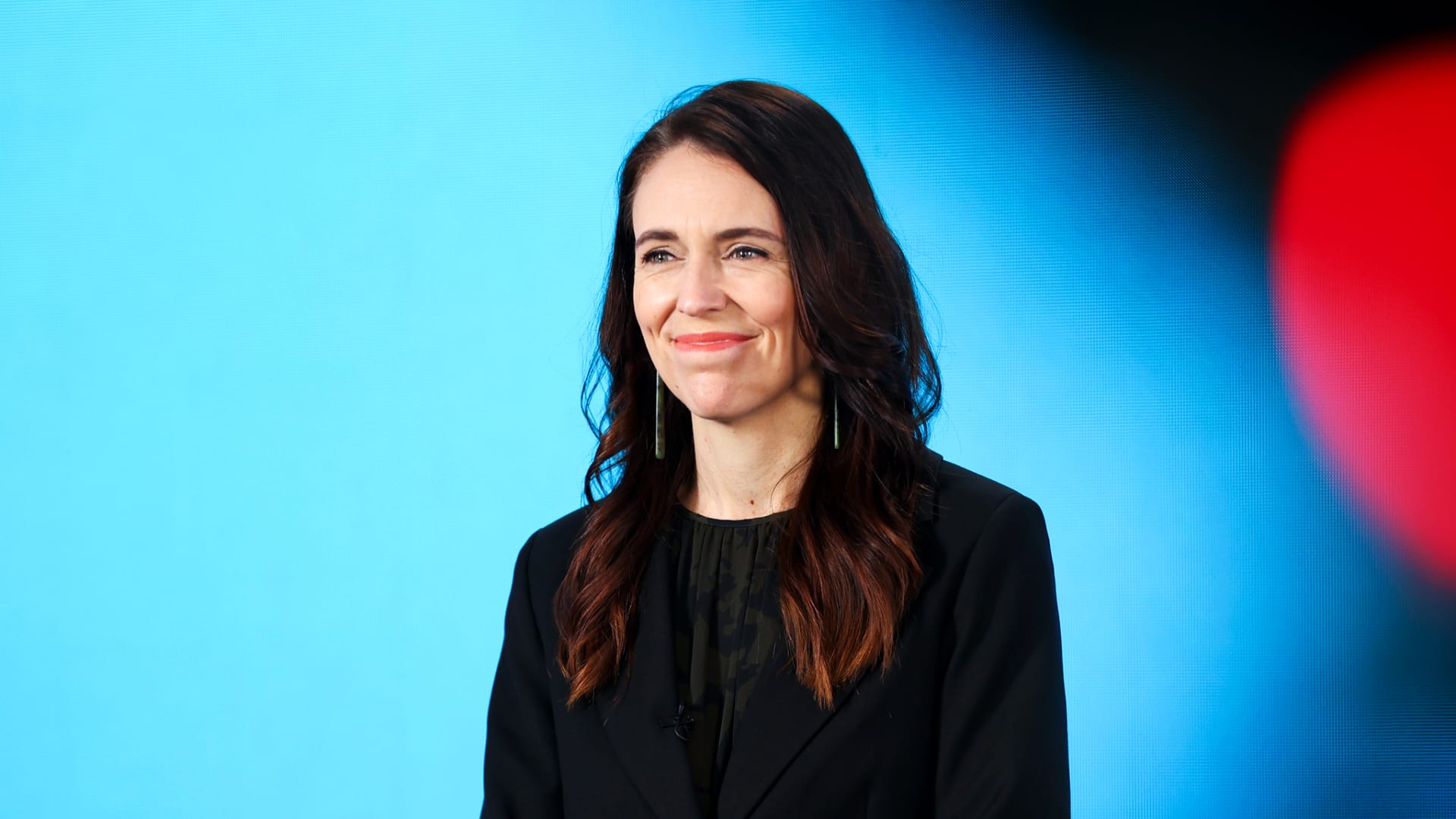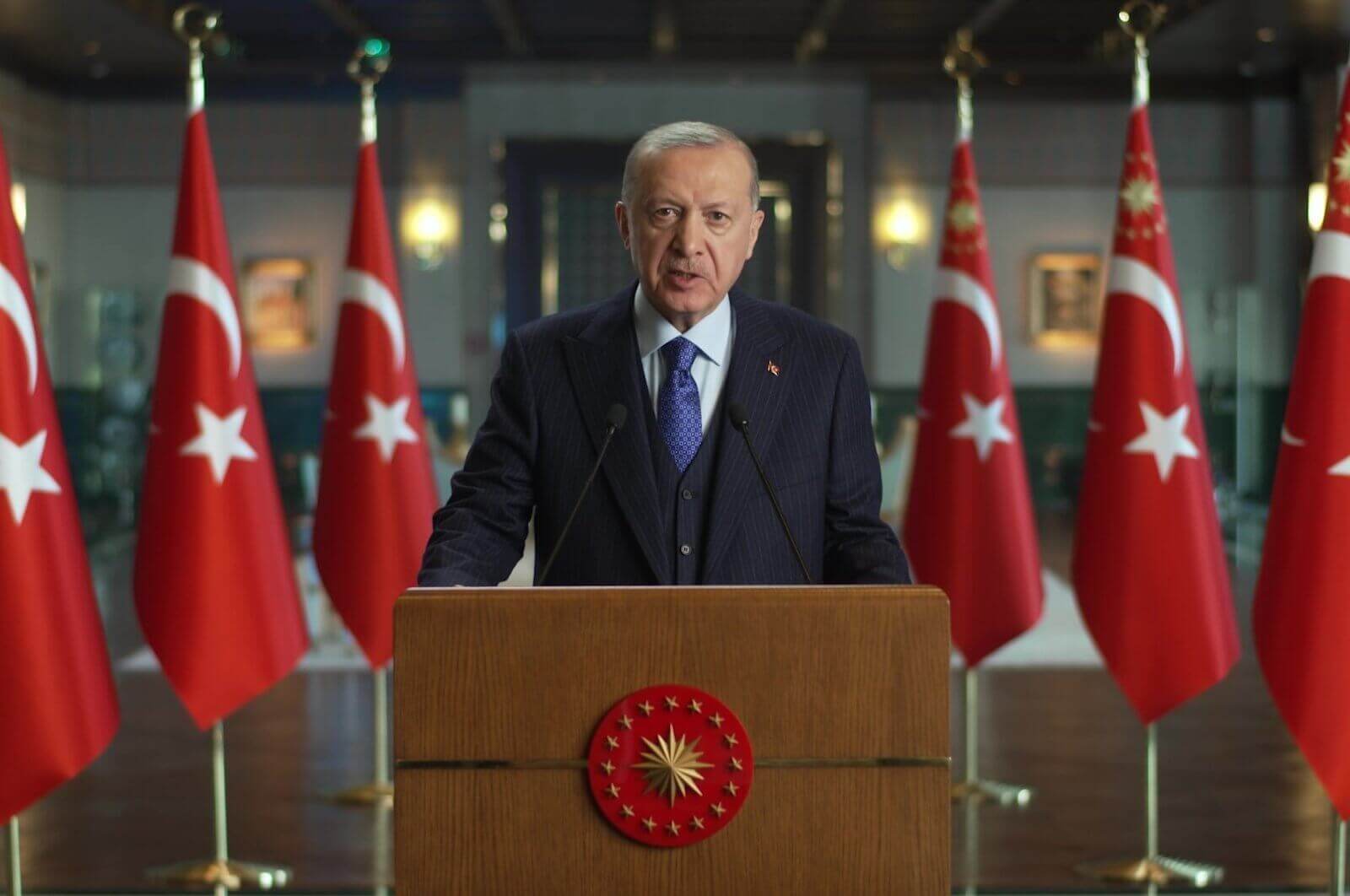South Asia
Abbas Ali, the mayor of the Bangladeshi city of Rajshahi, has been arrested for refusing a permit to construct a mural of Prime Minister (PM) Sheikh Hasina’s father, Sheikh Mujibur Rahman, the country’s first PM after it achieved independence in 1971. Ali opposed the construction due to his belief that murals and statues are forbidden in Islam. [Al Jazeera]
China has suspended a project for a solar power plant in the northern part of Sri Lanka. Following the news of the project, India had launched a protest with Sri Lanka due to its proximity to India and the fact that the project was initially committed to India and Japan. [Times of India]
Central Asia and the Caucasus
During a session of the Chemical Weapons Convention on Thursday in The Hague, Armenia accused Azerbaijan of using “weapons containing chemical elements” during last year’s Nagorno-Karabakh war. Armenia also called on the Organization for the Prohibition of Chemical Weapons (OPCW) to send a fact-finding mission to the region to investigate the use of chemical weapons. [Public Radio of Armenia]
Defence officials from Armenia and Lithuania on Thursday signed a comprehensive bilateral military cooperation plan that includes intensive military-political consultations. Both sides discussed regional security and international developments and stressed the need for greater cooperation in this regard. They also held talks on the ongoing tensions in the Nagorno-Karabakh region between Armenia and Azerbaijan. [Public Radio of Armenia]
East and Southeast Asia
The navies of Brunei, Indonesia, Malaysia, Myanmar, Russia, Singapore, Thailand, and Vietnam will take part in the inaugural Association of Southeast Asian Nations (ASEAN)-Russia maritime exercise next week off Sabang, Indonesia. [Channel News Asia]
Eight students in West Papua, Indonesia are being investigated for treason for raising the Morning Star flag. The Indonesian government has forbidden citizens from raising the flag, which is a symbol of Papuan sovereignty in a region that has long sought independence from Indonesia. If found guilty, perpetrators could face up to life in prison. [The Star]
Europe
The British National Audit, which analyses public sector spending, criticised the government’s Bounce Back Loan Scheme for not providing safeguards against fraud. It said that the $63 million program does not conduct appropriate credit checks or verify the identities of the small business seeking to reap the benefits of the scheme. [Reuters]
On Thursday, the Russian military reported the deployment of the Bastion coastal defence missile system on the Kuril island chain, which is claimed by Japan. The Kremlin defended the move by saying it can deploy such systems wherever it deems appropriate. Russia militarised Iturup and Kunashir islands in 2016 with similar coastal defence missile systems. It seized control of the islands towards the end of World War II. [The Moscow Times]

Latin America and the Caribbean
Peruvian prosecutors will question newly-elected socialist President Pedro Castillo on December 14 after two now-former military officers said they were sacked after refusing to promote officials recommended by the president. This forms part of a larger push by opposition lawmakers to launch an impeachment process. Castillo’s approval rating stands at 25% and he holds a minority in Congress, after narrowly defeating right-wing candidate Keiko Fujimori. Moreover, Peru has a penchant for impeachments, given that three previous presidents have been impeached. Another two have faced impeachment proceedings as well and were ultimately forced to resign. [Reuters]
The Biden administration has resumed the Trump-era “Remain in Mexico” policy that will force migrants seeking to enter the United States to remain in Mexico while they wait for a decision on their immigration status. It is thought that 70,000 asylum seekers have been impacted by the policy, which Trump first brought into place in January 2019 and which Biden suspended on his first day in the White House. The policy has been criticised as asylum seekers are forced to stay in a region with high levels of violence and limited access to attorneys and information. [NPR]
Middle East and North Africa (MENA)
Turkish President Recep Tayyip Erdoğan appointed a new Finance Minister (FM) on Thursday after ex-FM Lutfi Elvan resigned. Elvan’s resignation follows the Lira crashing to historic lows against the United States dollar last week. The fall in value has been attributed to Erdoğan’s policy of cutting interest rates. [Associated Press]
A Libyan court on Thursday overturned a decision by the country’s election commission to bar Saif al-Islam Gadhafi, son of former Libyan dictator Muammar Gadhafi, from contesting next month’s presidential election. The election commission cancelled Saif al-Islam’s candidacy last week over past convictions against him for committing war crimes. He is wanted by the International Criminal Court on charges of crimes against humanity committed during the 2011 uprising. [Reuters]
North America
On Thursday, lawmakers in the United States (US) Senate passed a short-term bill to fund the government through Feb. 18, avoiding a government-wide shutdown. The legislation was hotly contested, after a group of conservatives demanded the removal of Biden’s vaccine mandate for larger businesses, federal employees and contractors, and the military. In the end, lawmakers voted 69-28 in favour of the bill after the Republican anti-vaccine amendment failed 48-50. [The Hill]
On Thursday, the United States (US) and Canada along with the United Kingdom and European Union (EU) announced additional sanctions on Belarus over human rights violations and disregard for international norms. In a joint statement, the countries demanded that Belarusian autocrat Alexander Lukashenko release roughly 900 political prisoners and stop “orchestrating” irregular migration across the EU border. [US Department of State]
Oceania
Australia on Friday recorded its first community transmission of the new Omicron coronavirus variant. However, authorities have decided to continue with the plan to reopen the economy, hoping that the new variant will be milder than previous strains. [The Straits Times]
New Zealand Prime Minister Jacinda Ardern said Wednesday she is “deeply concerned” by the civil unrest in the capital of the Solomon Islands, Honiara. Citizens there have demanded the resignation of Prime Minister Manasseh Sogavare over a number of issues, including concerns about the country’s increasing links with China. New Zealand will deploy 65 military and police personnel to the Islands in the coming days. [The Guardian]
Sub-Saharan Africa
The Ugandan military has deployed additional troops to the Democratic Republic of Congo (DRC) as part of a joint operation with the country against the Allied Democratic Forces (ADF) rebel group, which recently launched attacks in Uganda that killed at least six people. The group, which is designated as a terrorist organisation by the United States for its links to the Islamic State, operates across the region, with some groups in the DRC holding it responsible for at least 6,000 civilian deaths since 2013. [Africa News]
Reiterating the sentiments of South African President Cyril Ramaphosa, African Union Commission Chairperson Moussa Faki Mahamat said he has communicated to United Nations agencies that the travel bans placed against southern African nations over the Omicron variant lack “common sense” and scientific reasoning, particularly in light of emerging reports that the variant was detected in Europe before South African scientists sounded the alarm. [The East African]

